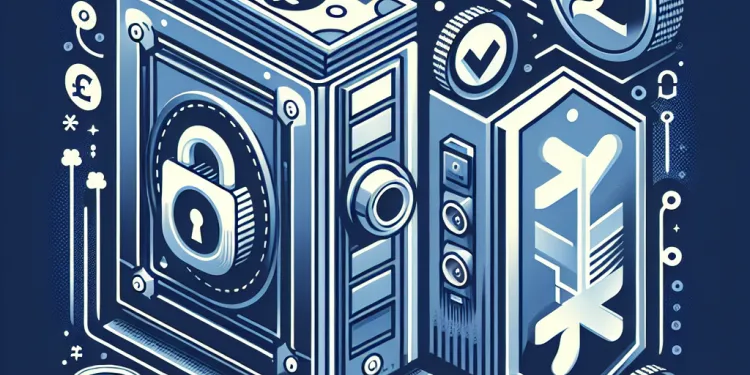
Find Help
More Items From Ergsy search
-
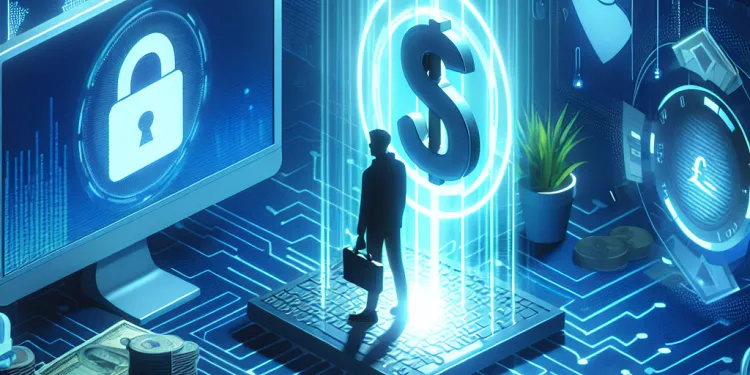
Should I report the hack to the social media platform?
Relevance: 100%
-
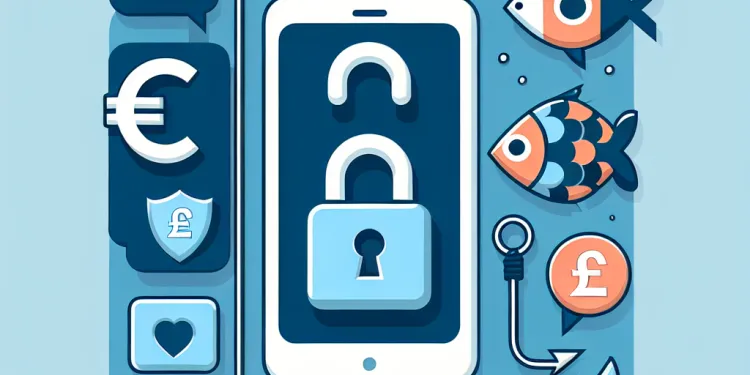
How can phishing attacks lead to social media hacks?
Relevance: 97%
-
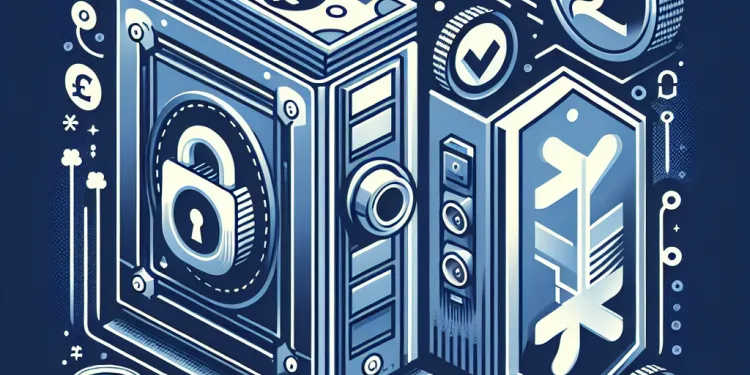
How do I know if my social media accounts have been hacked?
Relevance: 95%
-
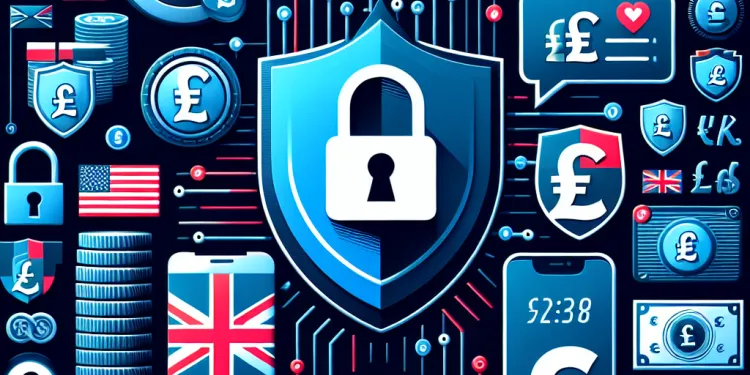
What signs indicate that my social media account might be hacked?
Relevance: 82%
-
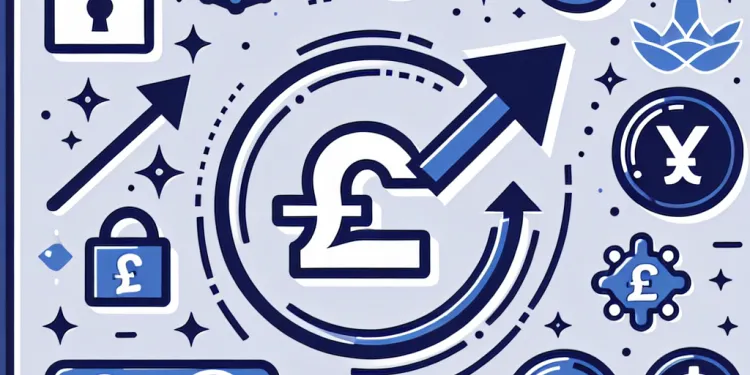
Can a sudden decrease or increase in followers indicate a hack?
Relevance: 64%
-
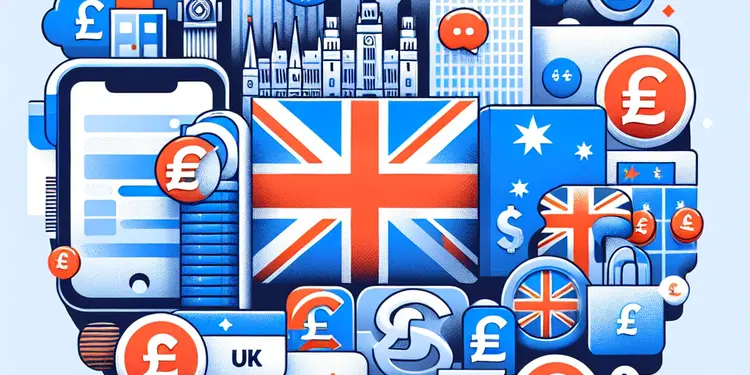
Is there public support for the social media ban in Australia?
Relevance: 61%
-
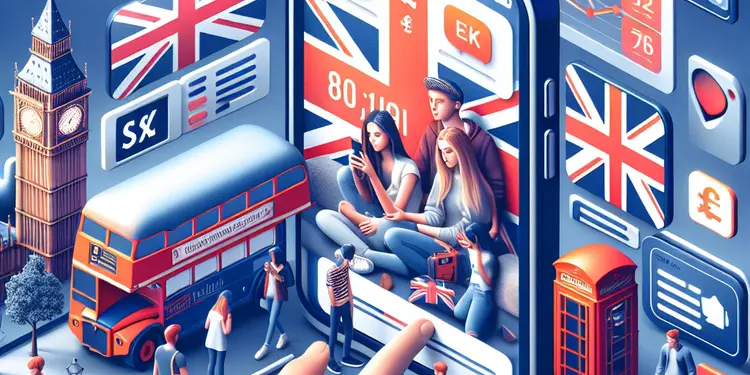
Is the UK introducing a Social Media ban for under 16's?
Relevance: 59%
-
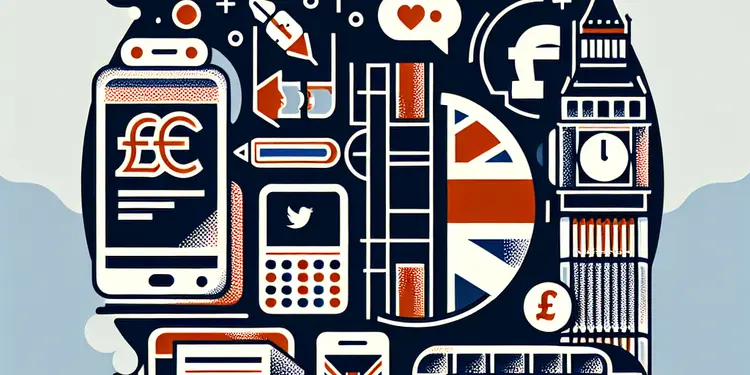
Are there any criticisms of the social media ban for children?
Relevance: 59%
-
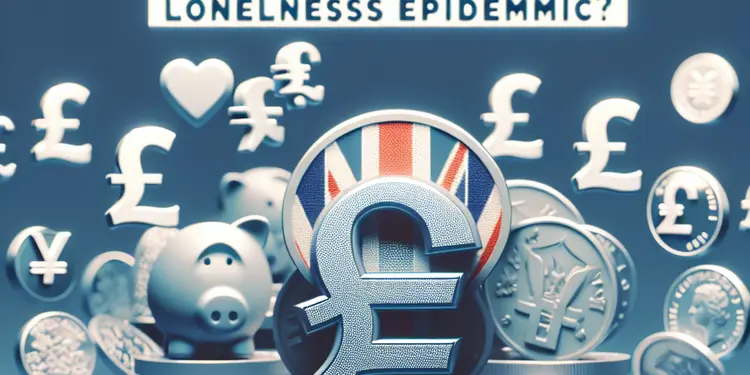
How does social media contribute to the loneliness epidemic?
Relevance: 59%
-
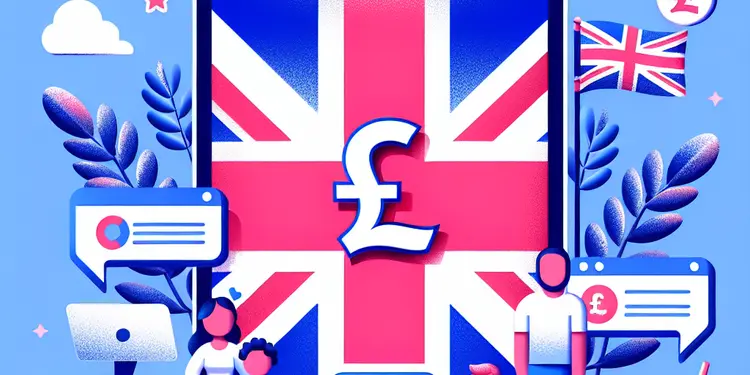
What role do parents play in the social media ban?
Relevance: 58%
-
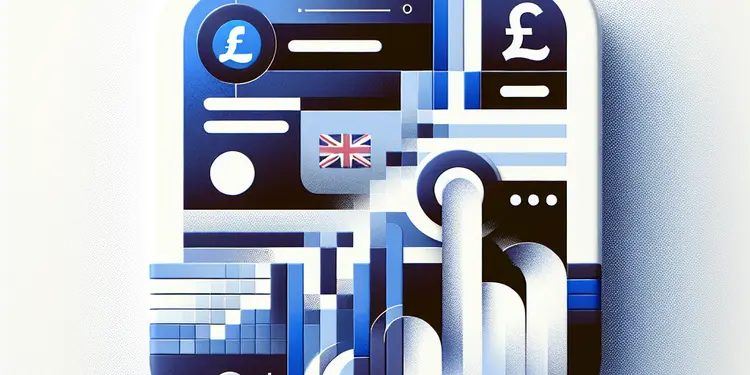
Who is pushing for a social media ban for under 16s in the UK?
Relevance: 58%
-
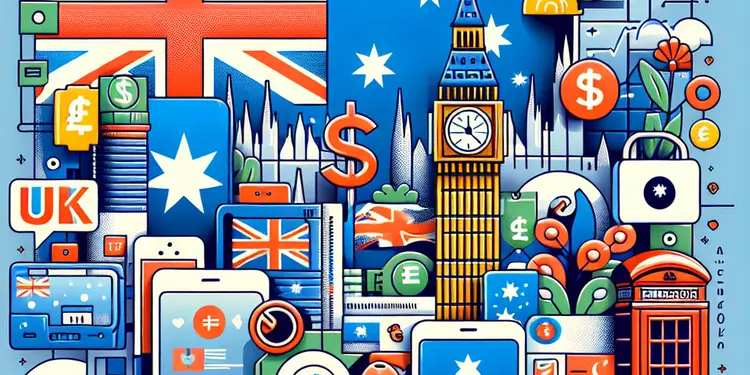
What is the social media ban for children in Australia?
Relevance: 58%
-
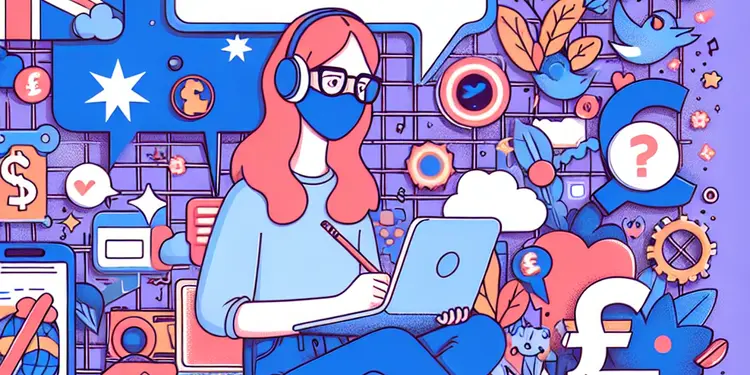
Why was the social media ban for children implemented in Australia?
Relevance: 58%
-
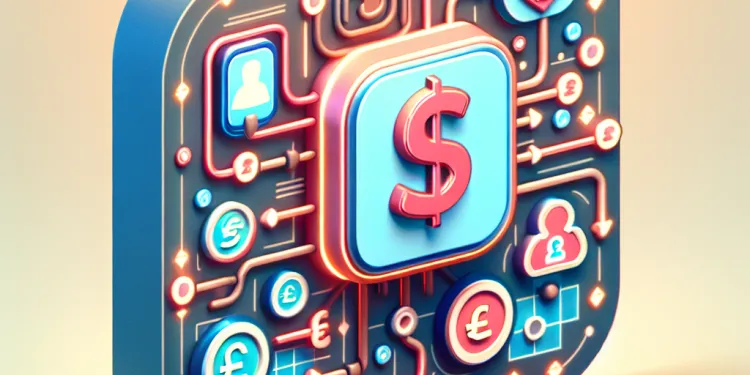
Why are there unfamiliar apps connected to my social media account?
Relevance: 58%
-
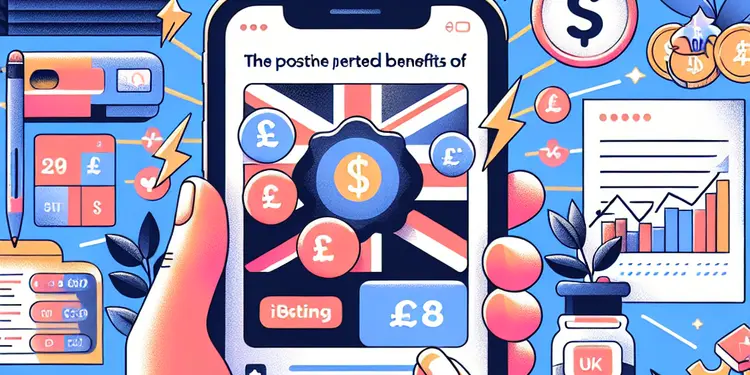
Have there been any reported benefits of the social media ban?
Relevance: 57%
-
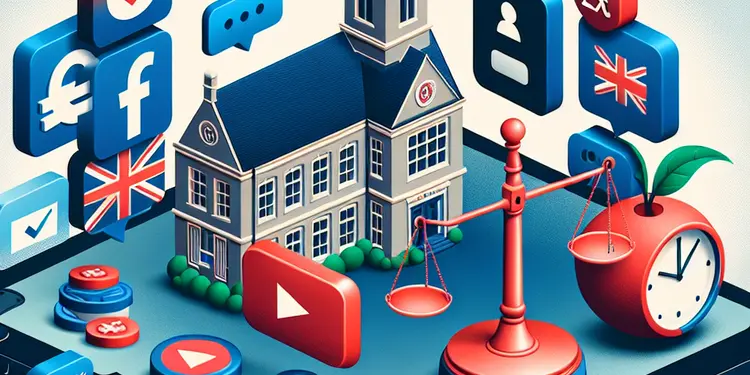
What role do schools play in supporting the social media ban?
Relevance: 57%
-
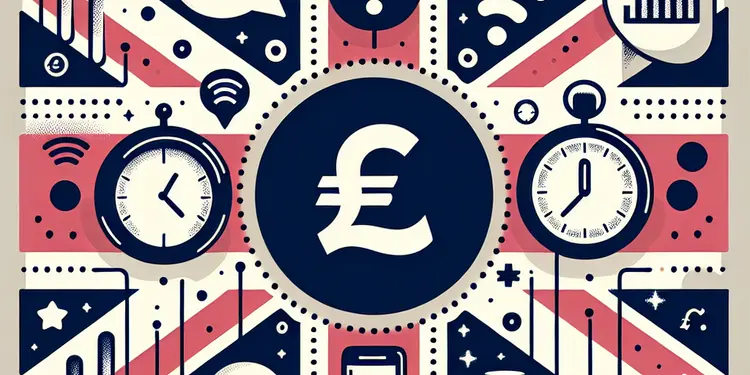
What future changes are anticipated for the social media ban?
Relevance: 57%
-
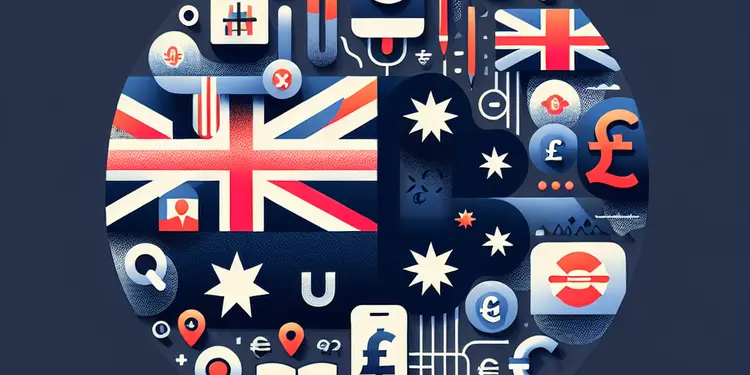
Is there any international interest in Australia's social media ban?
Relevance: 57%
-
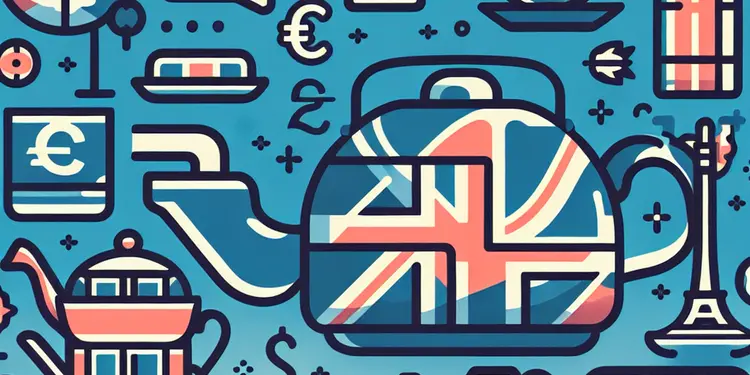
How has the social media industry reacted to the ban?
Relevance: 57%
-
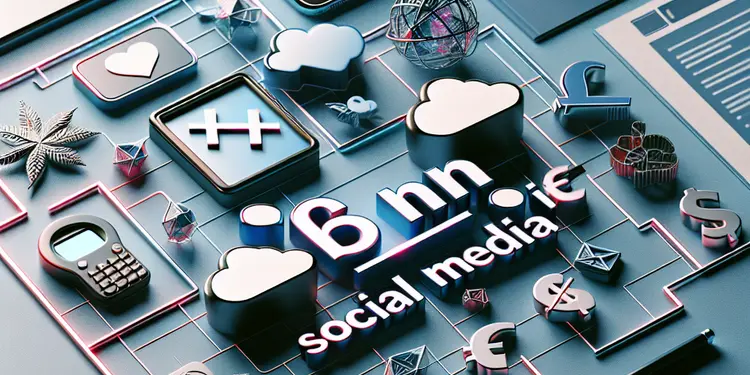
Is the UK planning to introduce a social media ban for those under 16?
Relevance: 57%
-
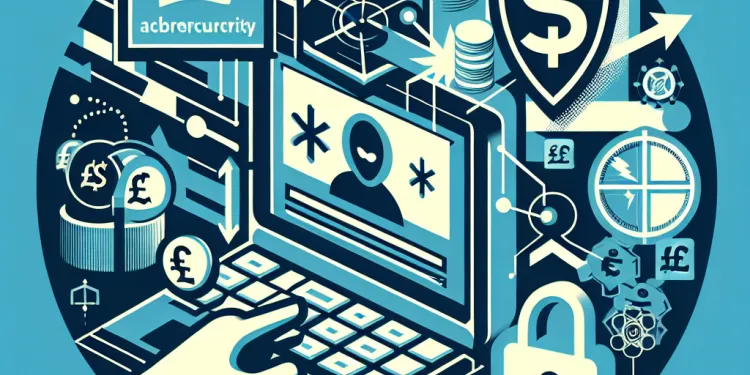
What are the risks of ignoring a hacked account?
Relevance: 57%
-
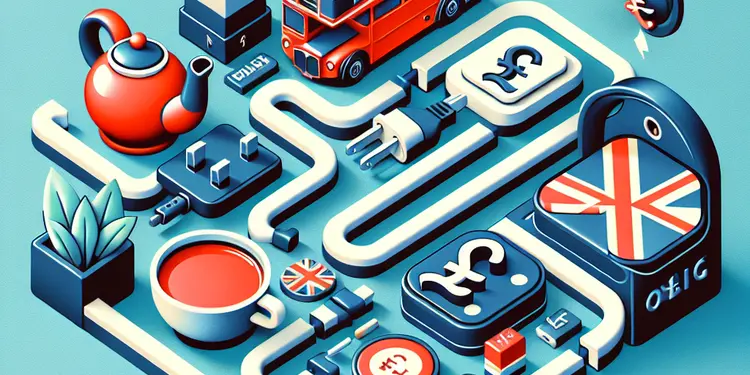
What challenges have been encountered with the social media ban?
Relevance: 56%
-
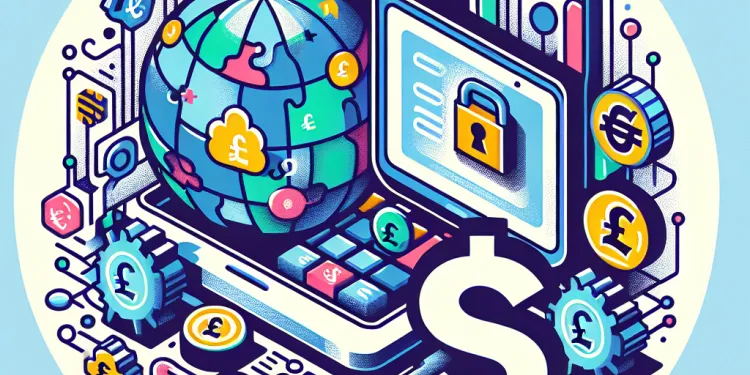
Are there any tools provided by social media platforms to increase security?
Relevance: 56%
-
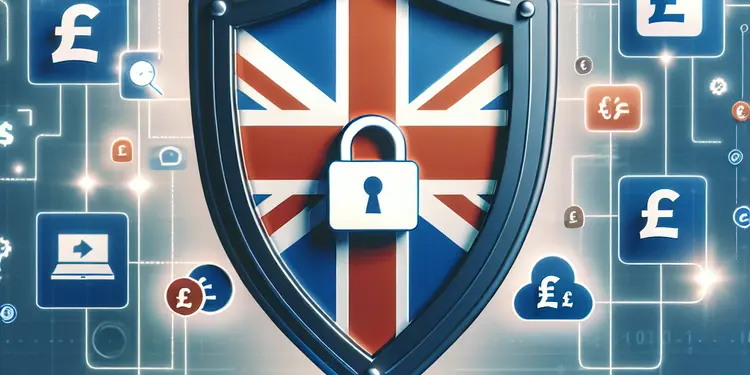
Can scammers access my information through social media?
Relevance: 56%
-
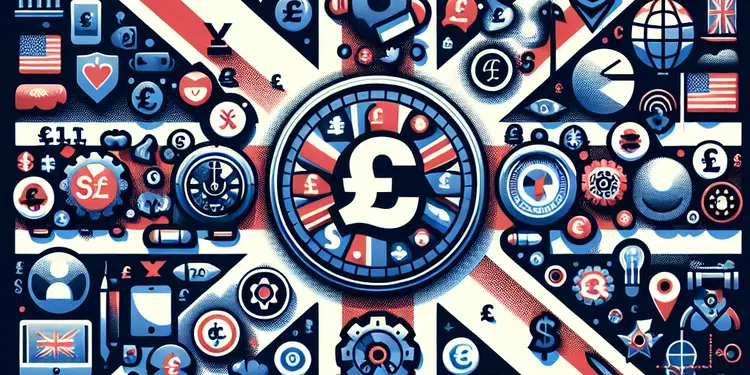
What impact could a social media ban have on under 16s in the UK?
Relevance: 55%
-
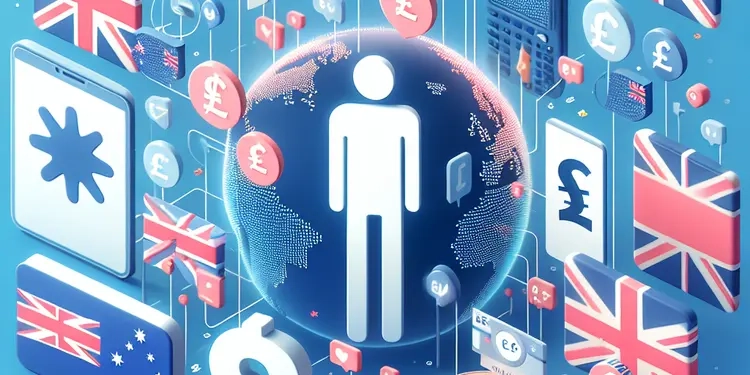
Has the social media ban for children in Australia been a success ?
Relevance: 55%
-
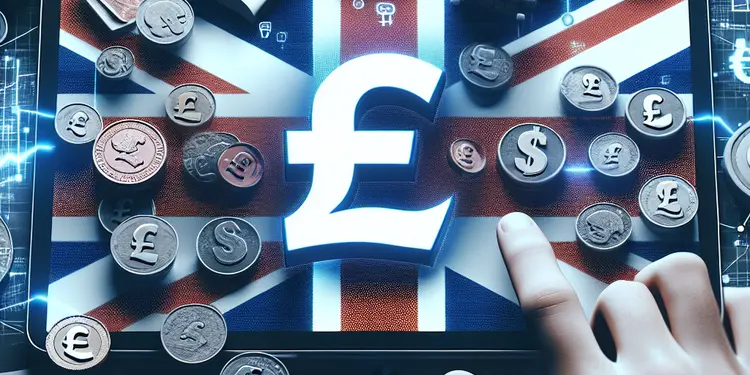
What is the reason behind proposing a social media ban for under 16s in the UK?
Relevance: 55%
-
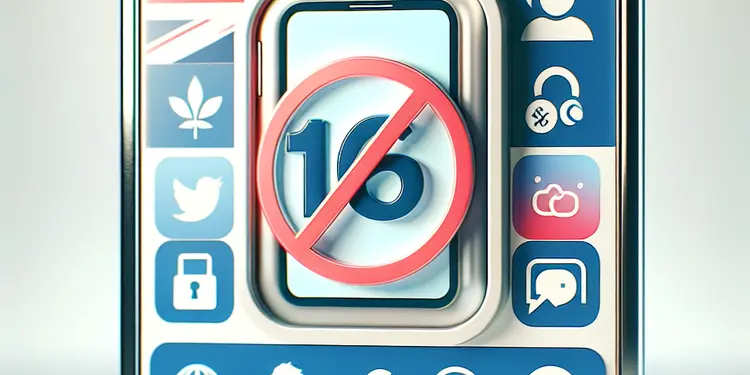
Are there any countries that have implemented a social media ban for under 16s?
Relevance: 55%
-
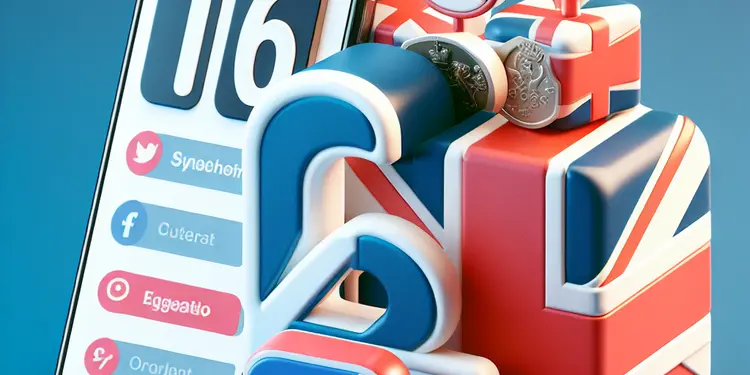
What is the public opinion on a potential social media ban for under 16s in the UK?
Relevance: 55%
-
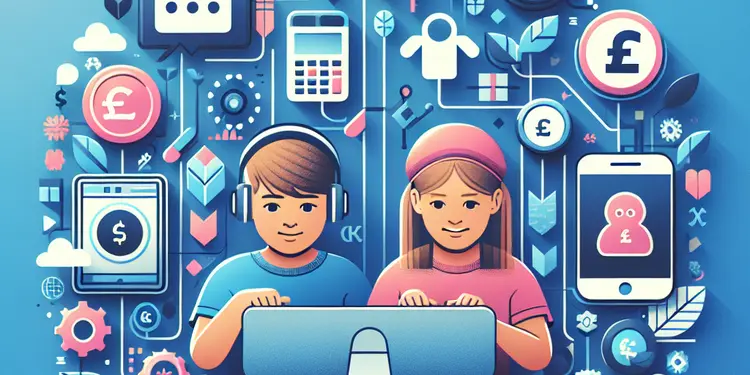
Have children found ways to circumvent the social media ban?
Relevance: 55%
-
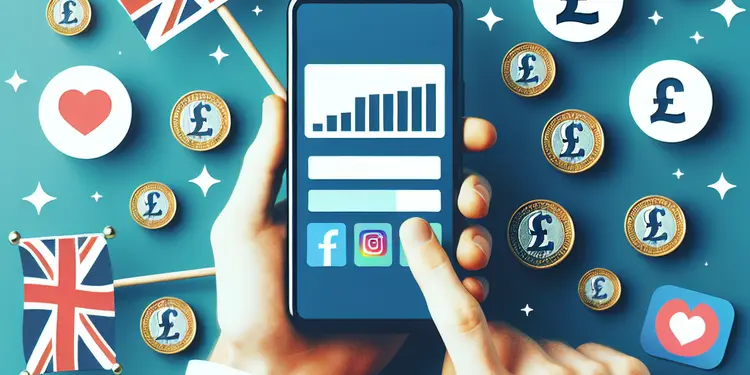
What measures were put in place to enforce the social media ban?
Relevance: 55%
-
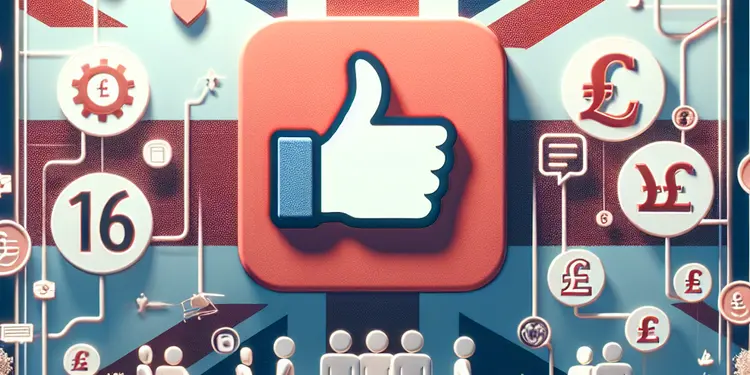
Has the UK parliament discussed the feasibility of a social media ban for under 16s?
Relevance: 55%
-
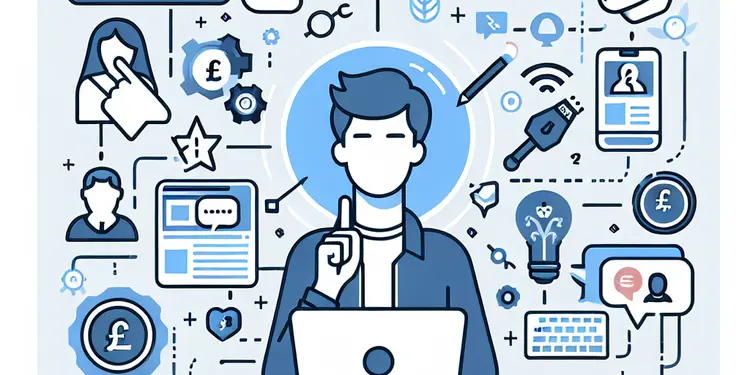
Could this social media ban lead to an increase in workarounds by under 16s?
Relevance: 55%
-
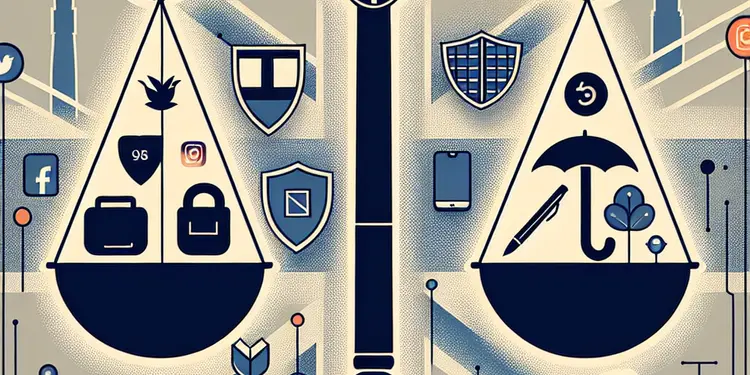
Do existing UK laws sufficiently protect under 16s on social media?
Relevance: 54%
-
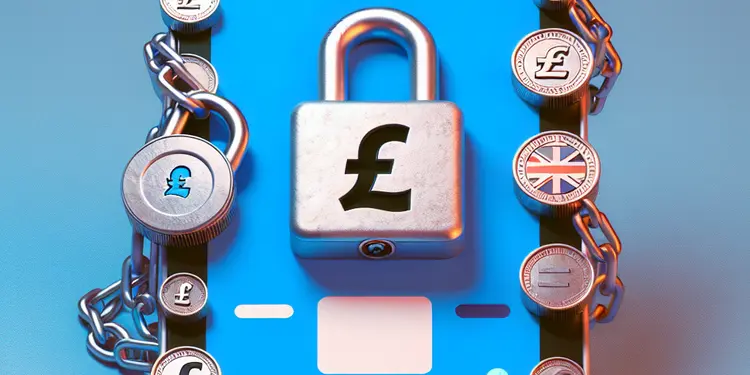
What would a social media ban for under 16s in the UK entail?
Relevance: 54%
-
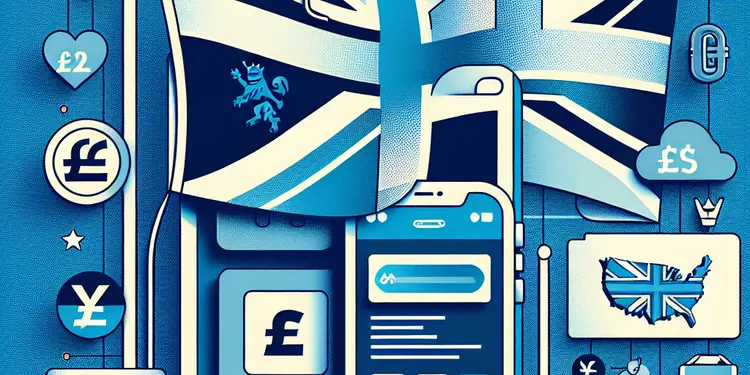
What alternatives are being considered instead of a social media ban for under 16s?
Relevance: 54%
-
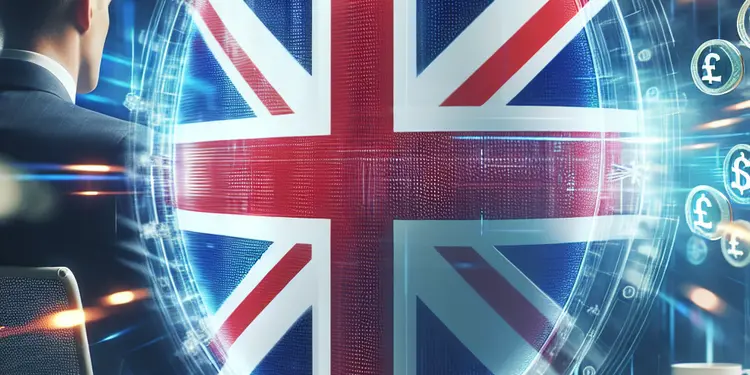
How soon could a social media ban for under 16s be implemented in the UK?
Relevance: 54%
-
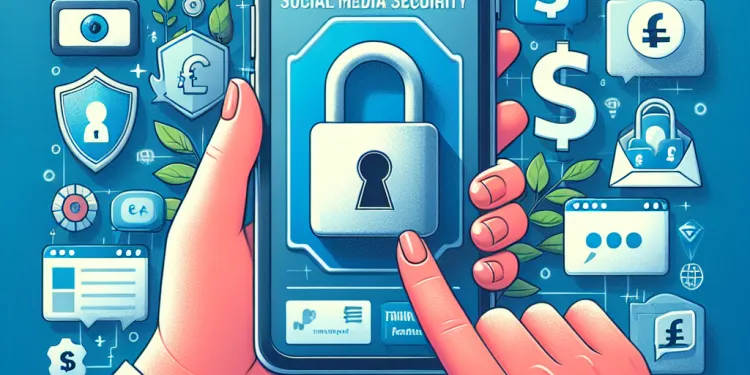
Is it possible for hackers to use my social media posts to cause harm?
Relevance: 53%
-
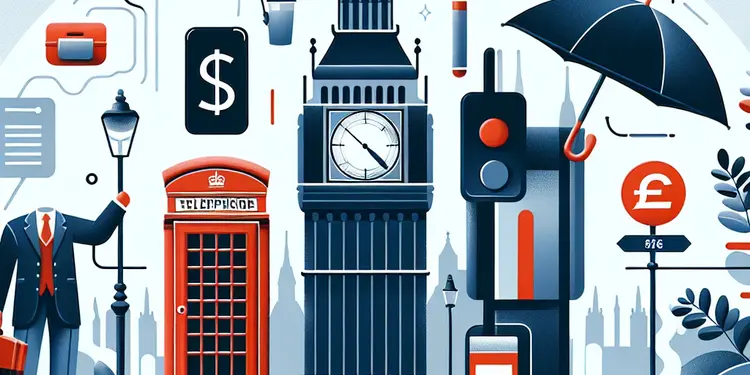
How is the success of the social media ban measured?
Relevance: 53%
-
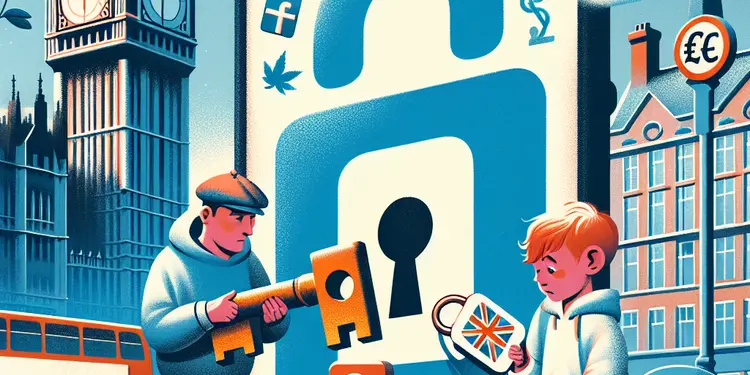
Could parents override a social media ban for their under 16 children?
Relevance: 53%
Signs Your Social Media Account Might Be Hacked
In today’s digital age, social media accounts are valuable assets, both personally and professionally. But with increasing online presence comes the risk of hacking. Knowing if your account has been compromised is crucial to protecting your information and privacy.
Unusual Account Activity
One of the most telling signs that your social media account may have been hacked is unusual activity. This could include posts, likes, or messages that you did not author. Additionally, check for any unfamiliar followers, or those you might have recently followed without remembering.
Often, a hacker’s activity is disguised to look legitimate. Therefore, regularly review your activity log or history on the platform if this feature is available. Noticing a login from an unfamiliar location or device can be a red flag.
Password Not Working
If you find yourself suddenly locked out of your account despite using the correct password, it might indicate a breach. Hackers often change your account details to lock you out and gain full control. Always ensure your password is strong and unique to avoid easy access by potential hackers.
Notifications from the Platform
Most social media platforms have security measures in place to notify you of suspicious activities. These can come as emails or alerts notifying you of a new login from an unfamiliar device or location. Pay attention to these notifications, as they may be your first clue that something is amiss.
Unexpected Changes to Account Information
A hacked account may have unexpected changes to personal information like your email address, username, or profile picture. Ensure you regularly check these details to spot changes you did not initiate. If you notice any such alterations, it’s essential to take immediate action.
Receiving Unusual Messages
Friends or followers informing you of receiving strange messages from your account is another indicator of a hack. These messages might contain links to phishing websites or scams. If alerted, prompt action is necessary to prevent potential harm to your contacts.
What to Do If You Suspect a Hack
Upon suspecting your account has been hacked, immediately change your password. Choose a strong and unique password you haven’t used before. Enable two-factor authentication where possible, as this adds an extra layer of security.
Contact the platform’s support team to report the breach and get further assistance. Notify your friends and followers of the potential issue and advise them not to click on any suspicious links coming from your account.
Conclusion
Being vigilant about your online activity and responsive to unusual occurrences are crucial steps in securing your social media accounts. Regular checks and updates can protect you from future breaches and the associated risks. Stay informed and proactive to safeguard your online presence.
Signs Your Social Media Account Might Be Hacked
Social media is a big part of our lives today. It’s fun, but we must keep it safe. Sometimes, bad people try to hack into accounts. It’s important to know if someone is trying to hack into your account.
Unusual Account Activity
If you see strange things on your social media, it might mean someone hacked your account. This could be posts or messages you did not make. Look out for new people following you or if you are following someone you don’t know.
Hackers try to make their actions look normal. Check your account history regularly. If you see logins from places you don’t recognize, be careful.
Password Not Working
If you can’t log into your account, even with the right password, someone might have hacked it. Hackers change passwords to take control of accounts. Use a strong password that is hard to guess.
Notifications from the Platform
Social media sites send alerts if they see something wrong. You might get an email if there’s a new login from a strange place. Watch out for these notifications. They can warn you of a hack.
Unexpected Changes to Account Information
If you see changes in your account, like your email or profile picture, these might be signs of hacking. Regularly check your account details. Act fast if you see something you didn’t change.
Receiving Unusual Messages
If friends tell you they got odd messages from your account, your account might be hacked. These messages could be dangerous. Act quickly to stop the problem.
What to Do If You Suspect a Hack
If you think your account is hacked, change your password right away. Make sure it’s new and strong. Use two-factor authentication if you can. This helps keep your account safe.
Tell the social media site about the hack. They can help you fix it. Warn your friends not to open strange links from your account.
Conclusion
Keep an eye on your social media to stay safe. Check your account often and fix problems fast. This will help keep your account secure. Stay alert and protect your online life.
Frequently Asked Questions
What signs indicate that my social media account might be hacked?
Unusual activity such as posts you didn’t make, messages you didn’t send, or changes to your profile information are common signs that your account might be hacked.
How can I check recent login activity on my social media accounts?
Most social media platforms have a security or settings section where you can view recent login activity, including locations and devices.
Why am I receiving password reset emails I didn't request?
Receiving password reset emails you didn’t request could mean someone is trying to gain access to your account.
What should I do if I notice suspicious login attempts?
If you notice suspicious login attempts, immediately change your password, enable two-factor authentication, and review your security settings.
Can a sudden decrease or increase in followers indicate a hack?
Yes, a sudden change in your follower count can be a sign of a hack, especially if fake accounts are following or unfollowing you.
What does it mean if my friends receive spammy messages from my account?
If your friends receive spammy messages from your account, it's likely that your account has been compromised by a hacker.
Why are there unfamiliar apps connected to my social media account?
Unfamiliar apps connected to your social media can indicate that hackers used third-party apps to gain unauthorized access.
Will changing my password secure my hacked account?
Changing your password is a crucial step in securing a hacked account, but you should also review connected apps and enable extra security measures.
How does two-factor authentication help protect my account?
Two-factor authentication adds an extra layer of security by requiring a second form of verification, making it harder for hackers to access your account.
What should I do if I can't log into my account anymore?
If you can't log into your account, try using the platform's account recovery process or contact their support for help.
Is it possible for hackers to use my social media posts to cause harm?
Yes, hackers can use your personal information from posts to impersonate you or engage in phishing attacks against your contacts.
Can login alerts help in identifying unauthorized access?
Yes, enabling login alerts will notify you when your account is accessed from an unrecognized device, helping to identify unauthorized access quickly.
Are there any tools provided by social media platforms to increase security?
Most social media platforms offer security tools such as login alerts, two-factor authentication, and detailed login history to increase account security.
What are the risks of ignoring a hacked account?
Ignoring a hacked account can lead to unauthorized transactions, privacy breaches, and reputational damage if hackers misuse your account.
How can phishing attacks lead to social media hacks?
Phishing attacks trick users into providing their login credentials, allowing hackers to access and potentially take over social media accounts.
Can using the same password across accounts increase the risk of hacking?
Yes, using the same password across multiple accounts can increase the risk of hacking. If one account is compromised, others are vulnerable too.
Why is it important to update my account recovery information?
Keeping your recovery information up-to-date ensures that you can recover your account quickly in the event that it is compromised.
Should I report the hack to the social media platform?
Yes, reporting the hack to the social media platform is important as it helps them investigate and secure your account, and prevents further abuse.
What steps can I take to prevent future hacks?
To prevent future hacks, use strong, unique passwords, enable two-factor authentication, be cautious of phishing attempts, and regularly review your security settings.
How can I educate myself about potential online threats?
You can educate yourself by reading security blogs, following cybersecurity experts, and keeping up with the latest online threats and safety tips.
How can I tell if someone broke into my social media?
If you see things like posts you didn't write, messages you didn't send, or changes to your profile you didn't make, it might mean someone got into your account without you knowing.
Here are some ways to help keep your account safe:
- Use a strong password with letters and numbers.
- Change your password often.
- Don't share your password with anyone.
How do I see who logged into my social media account?
Here is how you can check:
- Go to your social media account.
- Look for settings or security options.
- Find "Login Activity" or "Recent Logins".
- You will see a list where you logged in recently.
If you need help, ask a friend or use a voice assistant to guide you.
Most social media apps have a place in settings where you can see who has logged into your account. You can see where and what device they used.
Why Am I Getting Password Reset Emails I Didn't Ask For?
Sometimes, strange emails show up that say you need to change your password, but you didn't ask for them. Here’s why this might happen:
- Someone made a mistake: Maybe someone accidentally typed your email instead of their own.
- Security check: Sometimes websites send these emails to make sure your account is safe.
- Scam alert: Be careful! Some emails might be tricks to get your information. These are called "phishing" emails.
If you get these emails, here’s what to do:
- Ignore: If you didn't ask for a reset, you can ignore or delete the email.
- Check for scams: Look for strange things in the email, like spelling mistakes or weird links.
- Update passwords: Use a strong password with letters, numbers, and symbols. Change your password if you feel unsafe.
- Get help: Ask a friend or family member for help if you're not sure.
If you get an email saying "reset your password" and you did not ask for it, it could mean someone is trying to get into your account.
What should I do if I see strange logins?
If you see someone trying to log in to your account who shouldn't be, do these things: change your password right away, set up two-factor authentication for extra safety, and check your security settings.
Does getting more or fewer followers suddenly mean my account is hacked?
Yes, if your number of followers changes a lot suddenly, it might mean someone hacked your account. This can happen if fake accounts start to follow or unfollow you.
It can help to use tools that keep your account safe, like strong passwords and two-step verification.
Why are my friends getting strange messages from me?
If your friends get strange messages from your account, a hacker might have broken in.
Why do I see apps I don't know on my social media?
Sometimes, we use apps or websites and allow them to connect to our social media. If you see apps you don't know, they might have been connected this way.
Here's what you can do:
- Look at your social media settings to see which apps are connected.
- If you don't know an app, disconnect it.
- Remember: Only connect apps you trust.
Ask someone you trust if you need help. You can also use tools that make reading or checking easier.
If you see apps you don't know on your social media, it might mean someone has used them to get into your account without asking.
Can I make my account safe by changing my password?
If someone breaks into your account, you can make it safe again by changing your password.
Make sure your new password is strong. Use letters, numbers, and symbols.
Ask a trusted friend or family member to help if you need it.
You can also use tools that help remember passwords, like a password manager.
It is very important to change your password if someone hacks your account. This helps keep it safe.
You should also look at any apps that are linked to your account. Make sure they are okay.
You can use extra security steps to make your account safer. For example, you can use something called two-step verification. This means you need to do two things to log in, making it much harder for bad people to get in.
How does two-factor authentication help keep my account safe?
Two-factor authentication is like having two locks on your door.
First, you use your password. This is like your first key.
Then, you need a second step to get in. This is like a second key. It might be a code sent to your phone or something else special that only you have.
This makes it harder for someone else to get in. They need both your password and the second thing to break in.
Helpful tools: Use a simple phone app to get your code easily.
Two-factor authentication helps keep your account safe. It adds another step to check it's really you. This makes it harder for bad people to get into your account.
What to Do if You Can't Log Into Your Account
If you can't get into your account, don't worry! Here are some easy steps to try:
- Check if you typed your username and password correctly.
- Look at the 'Caps Lock' on your keyboard to make sure it is off.
- Click on 'Forgot Password?' to reset your password.
- Ask a family member or friend to help you.
You can also use helpful tools like screen readers or voice assistants to make it easier. If you're still stuck, try talking to customer support for more help.
If you can't get into your account, try to use the website's help to get back in. You can also ask their support team for help.
Can bad people use my social media posts to hurt me?
Yes, they can. Be careful what you share online.
Tips to be safe:
- Don't share your address or phone number.
- Keep personal details private.
- Ask an adult before posting something.
- Use a strong, secret password.
For help, talk to a trusted adult or use tools like privacy settings on your social media account.
Yes, bad people called hackers can use what you share online to pretend to be you. They can also try to trick your friends and family by sending them fake messages.
Here are some things that might help:
- Think about what you post online. Is it safe to share?
- Use strong passwords for your accounts.
- If something feels wrong, talk to a grown-up or someone you trust.
Can alerts help us know if someone else logs in?
Yes, turning on login alerts will send you a message if someone logs into your account from a device you don’t know. This helps you see if someone else is using your account without asking you.
Helpful Tip: You can use apps or phone settings to get alerts and stay safe online.
Do social media sites have tools to help keep us safe?
Most social media apps have tools to keep your account safe. They can tell you if someone logs in, use a code to make sure it's you, and show you who logged in before.
What happens if you don't fix a hacked account?
If someone takes over your account and you don't do anything, bad things can happen. They might spend your money, see your private stuff, or make you look bad. It's important to fix it quickly.
How can bad people trick you to get into your social media?
Sometimes, bad people want to get into your social media. They use tricks called phishing. This is when they try to fool you to get your passwords.
Here is how they do it:
- They might send a fake email or message.
- The message can look real, like it’s from a friend or a company you know.
- It might ask you to click a link or give out your password.
If you do this, they can take your password and get into your social media.
To stay safe, follow these tips:
- Use a strong password. Make it hard to guess.
- Do not click links in messages if you don’t know the person.
- Never give out your password to anyone.
- Ask a trusted adult if you are unsure.
Phishing attacks are when bad people try to trick you into giving your login information. This lets them get into your social media accounts and take control of them.
To stay safe, always be careful about clicking on links in emails or messages. Double-check that the sender is someone you trust.
Is it dangerous to use the same password for all accounts?
If you use the same password for many accounts, it can be risky. It is like having one key for all your doors. If someone finds that key, they can open all doors.
To stay safe, use different passwords for each account. You can use a password manager to help remember them.
Using the same password for many accounts is not safe. If someone breaks into one account, they can get into other accounts too.
Why should I update my account recovery info?
Keeping your account recovery information up-to-date is important. Here’s why:
1. Get Back Into Your Account: If you forget your password, updated info helps you reset it.
2. Keep Your Account Safe: Correct info stops strangers from getting into your account.
3. Stay In Touch: Make sure you get messages from your account provider.
Use tools like reminders on your phone or write notes to help you remember to update your info.
Keep your recovery info up-to-date to get your account back quickly if something goes wrong.
Should I tell the social media company about the hack?
If someone broke into your social media account, you should tell the company that owns the website. This can help fix the problem and keep your account safe.
Here are some things that might help you:
- Ask someone you trust to help you report it.
- Look for “Help” or “Support” on the website to find where to report the hack.
Yes, telling the social media site about the hack is very important. It helps them look into it, keep your account safe, and stop any more problems.
How can I keep my computer safe?
Here are some simple steps you can follow to keep your computer safe:
- Use strong passwords. A strong password is hard to guess. It should have letters, numbers, and symbols.
- Keep your software updated. This means having the latest versions of your programs.
- Be careful with emails and links. Only open them if you know who sent them.
- Install antivirus software. This helps protect your computer from bad programs.
- Backup your data. This means making a copy of all your important files.
- Use two-step verification when possible. This adds an extra layer of security.
For more help, you can use text-to-speech tools. These read words out loud.
To stay safe online, use strong passwords that are different for each account. Turn on two-step checks to keep your accounts safe. Look out for trick emails and messages that try to steal your information. Check your safety settings often to make sure everything is okay.
How can I learn about online dangers?
Here is how you can learn about dangers online:
- Use simple guides: Look for websites or books that explain online dangers in simple words.
- Watch videos: Find videos that talk about staying safe online. They can be fun and easy to understand.
- Ask for help: Talk to an adult or a teacher. They can answer your questions about online safety.
- Use safe websites: Visit websites like KidSmart for tips and games on how to stay safe online.
These tools can help you learn and feel safe when using the internet.
You can learn by reading easy blogs about being safe online. Follow experts who know about cybersecurity. Stay updated on new online dangers and safety tips.
Useful Links
This website offers general information and is not a substitute for professional advice.
Always seek guidance from qualified professionals.
If you have any medical concerns or need urgent help, contact a healthcare professional or emergency services immediately.
Some of this content was generated with AI assistance. We’ve done our best to keep it accurate, helpful, and human-friendly.
- Ergsy carfully checks the information in the videos we provide here.
- Videos shown by Youtube after a video has completed, have NOT been reviewed by ERGSY.
- To view, click the arrow in centre of video.
- Most of the videos you find here will have subtitles and/or closed captions available.
- You may need to turn these on, and choose your preferred language.
- Go to the video you'd like to watch.
- If closed captions (CC) are available, settings will be visible on the bottom right of the video player.
- To turn on Captions, click settings .
- To turn off Captions, click settings again.
More Items From Ergsy search
-

Should I report the hack to the social media platform?
Relevance: 100%
-

How can phishing attacks lead to social media hacks?
Relevance: 97%
-

How do I know if my social media accounts have been hacked?
Relevance: 95%
-

What signs indicate that my social media account might be hacked?
Relevance: 82%
-

Can a sudden decrease or increase in followers indicate a hack?
Relevance: 64%
-

Is there public support for the social media ban in Australia?
Relevance: 61%
-

Is the UK introducing a Social Media ban for under 16's?
Relevance: 59%
-

Are there any criticisms of the social media ban for children?
Relevance: 59%
-

How does social media contribute to the loneliness epidemic?
Relevance: 59%
-

What role do parents play in the social media ban?
Relevance: 58%
-

Who is pushing for a social media ban for under 16s in the UK?
Relevance: 58%
-

What is the social media ban for children in Australia?
Relevance: 58%
-

Why was the social media ban for children implemented in Australia?
Relevance: 58%
-

Why are there unfamiliar apps connected to my social media account?
Relevance: 58%
-

Have there been any reported benefits of the social media ban?
Relevance: 57%
-

What role do schools play in supporting the social media ban?
Relevance: 57%
-

What future changes are anticipated for the social media ban?
Relevance: 57%
-

Is there any international interest in Australia's social media ban?
Relevance: 57%
-

How has the social media industry reacted to the ban?
Relevance: 57%
-

Is the UK planning to introduce a social media ban for those under 16?
Relevance: 57%
-

What are the risks of ignoring a hacked account?
Relevance: 57%
-

What challenges have been encountered with the social media ban?
Relevance: 56%
-

Are there any tools provided by social media platforms to increase security?
Relevance: 56%
-

Can scammers access my information through social media?
Relevance: 56%
-

What impact could a social media ban have on under 16s in the UK?
Relevance: 55%
-

Has the social media ban for children in Australia been a success ?
Relevance: 55%
-

What is the reason behind proposing a social media ban for under 16s in the UK?
Relevance: 55%
-

Are there any countries that have implemented a social media ban for under 16s?
Relevance: 55%
-

What is the public opinion on a potential social media ban for under 16s in the UK?
Relevance: 55%
-

Have children found ways to circumvent the social media ban?
Relevance: 55%
-

What measures were put in place to enforce the social media ban?
Relevance: 55%
-

Has the UK parliament discussed the feasibility of a social media ban for under 16s?
Relevance: 55%
-

Could this social media ban lead to an increase in workarounds by under 16s?
Relevance: 55%
-

Do existing UK laws sufficiently protect under 16s on social media?
Relevance: 54%
-

What would a social media ban for under 16s in the UK entail?
Relevance: 54%
-

What alternatives are being considered instead of a social media ban for under 16s?
Relevance: 54%
-

How soon could a social media ban for under 16s be implemented in the UK?
Relevance: 54%
-

Is it possible for hackers to use my social media posts to cause harm?
Relevance: 53%
-

How is the success of the social media ban measured?
Relevance: 53%
-

Could parents override a social media ban for their under 16 children?
Relevance: 53%


